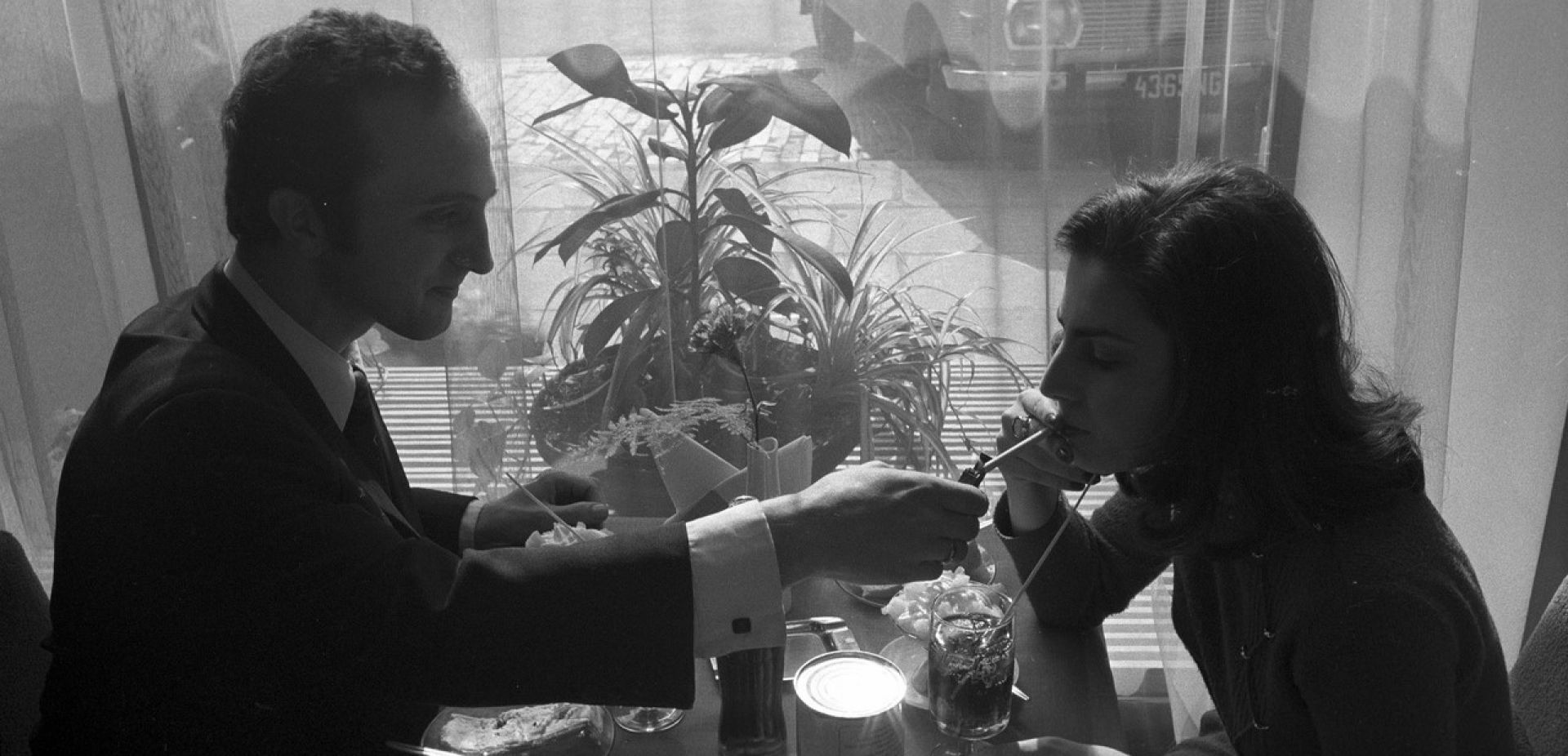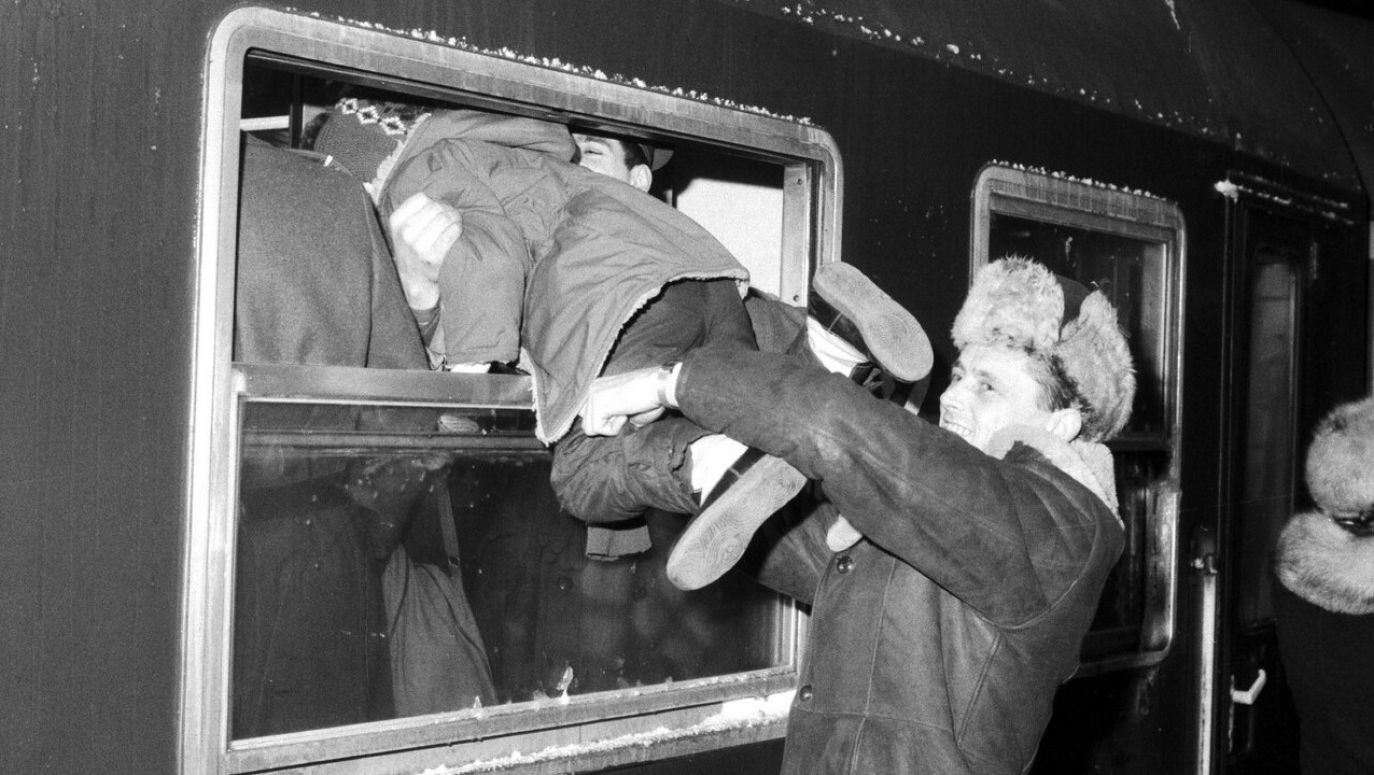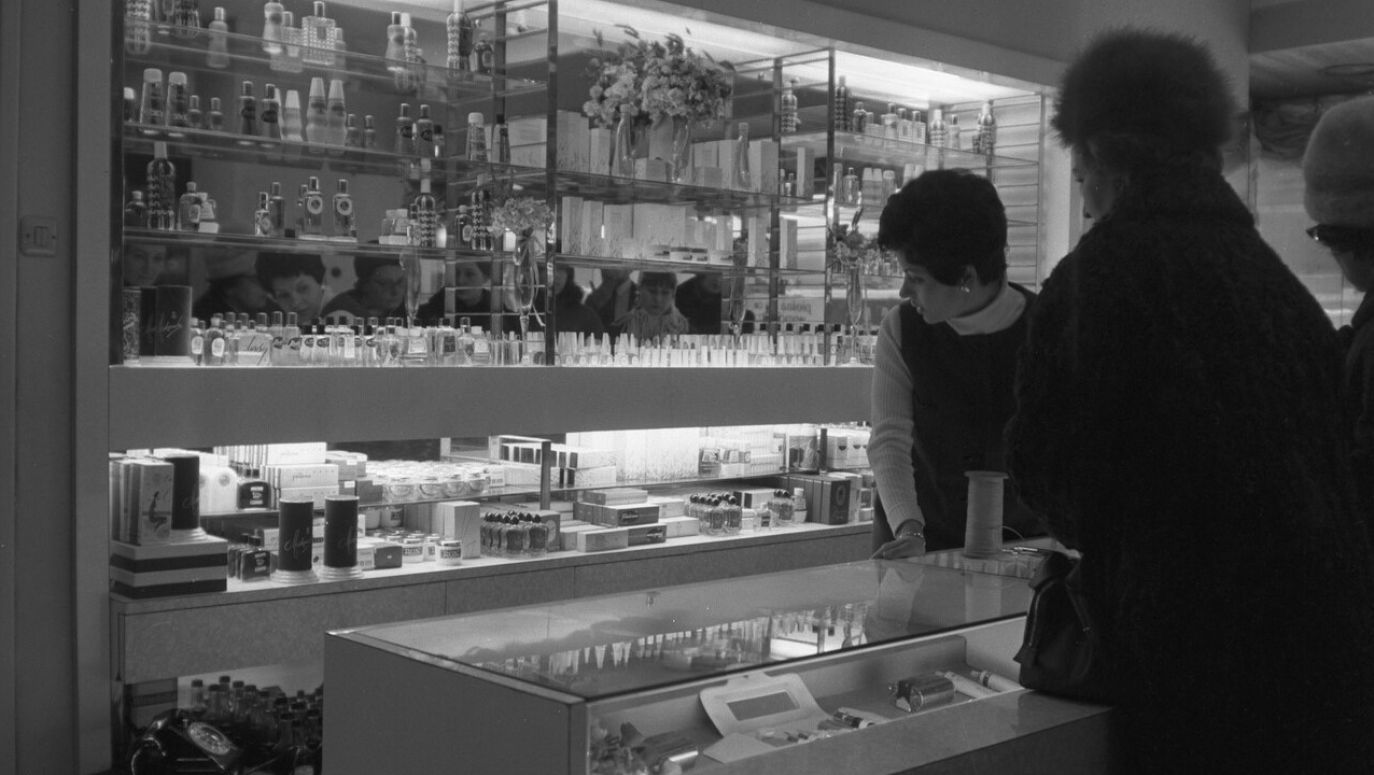
At a time when we used little of a new thing, the desired scent was one of novelty…
 SIGN UP TO OUR PAGE
SIGN UP TO OUR PAGE
 Therefore, Ms. Lusia’s remark that it smelled new, was a perfectly normal situation. The smell of nature was, as a matter of fact, something trivially natural and common, as opposed to what was new. It’s also worth remembering that in those days dirt and stench were common phenomena. The best example of which were trains with their particular stale odor, which penetrated deep into the passengers’ cloths so that after the journey they stank – produced a smell that could only be removed only by washing. The stench of the toilets was even worse but these places are a different story. One was simply afraid to enter them. Polish communist gastronomy had a special “scent” too, it was a combination of tobacco smoke, mixed up with alcohol and chaser-type food breaking through.
Therefore, Ms. Lusia’s remark that it smelled new, was a perfectly normal situation. The smell of nature was, as a matter of fact, something trivially natural and common, as opposed to what was new. It’s also worth remembering that in those days dirt and stench were common phenomena. The best example of which were trains with their particular stale odor, which penetrated deep into the passengers’ cloths so that after the journey they stank – produced a smell that could only be removed only by washing. The stench of the toilets was even worse but these places are a different story. One was simply afraid to enter them. Polish communist gastronomy had a special “scent” too, it was a combination of tobacco smoke, mixed up with alcohol and chaser-type food breaking through.

The mysterious creator of communist Poland’ most-read daily died at 36.
see more

In the second week of martial law, news circulated in the Communist Poland that two ambassadors had asked for political asylum in the USA.
see more



